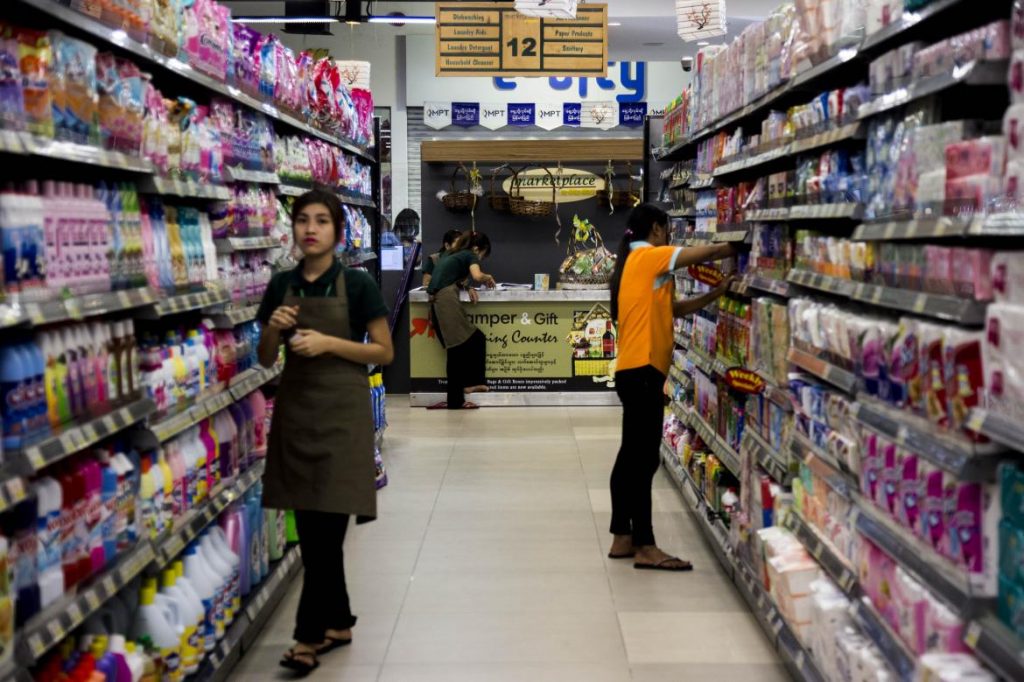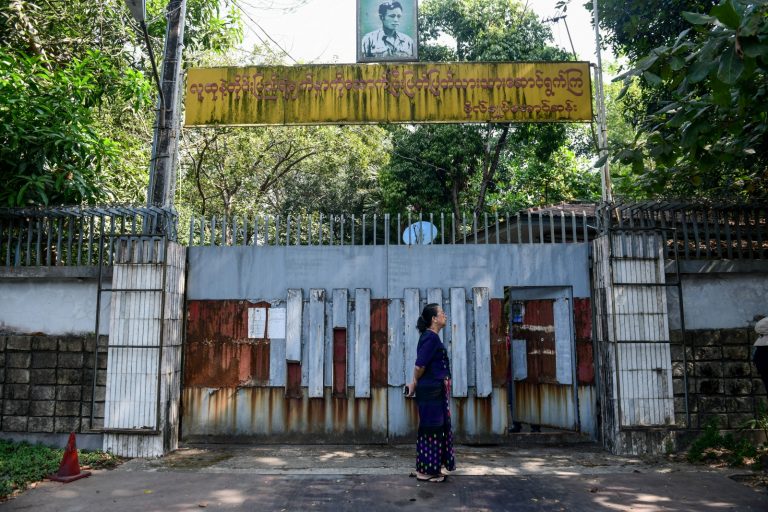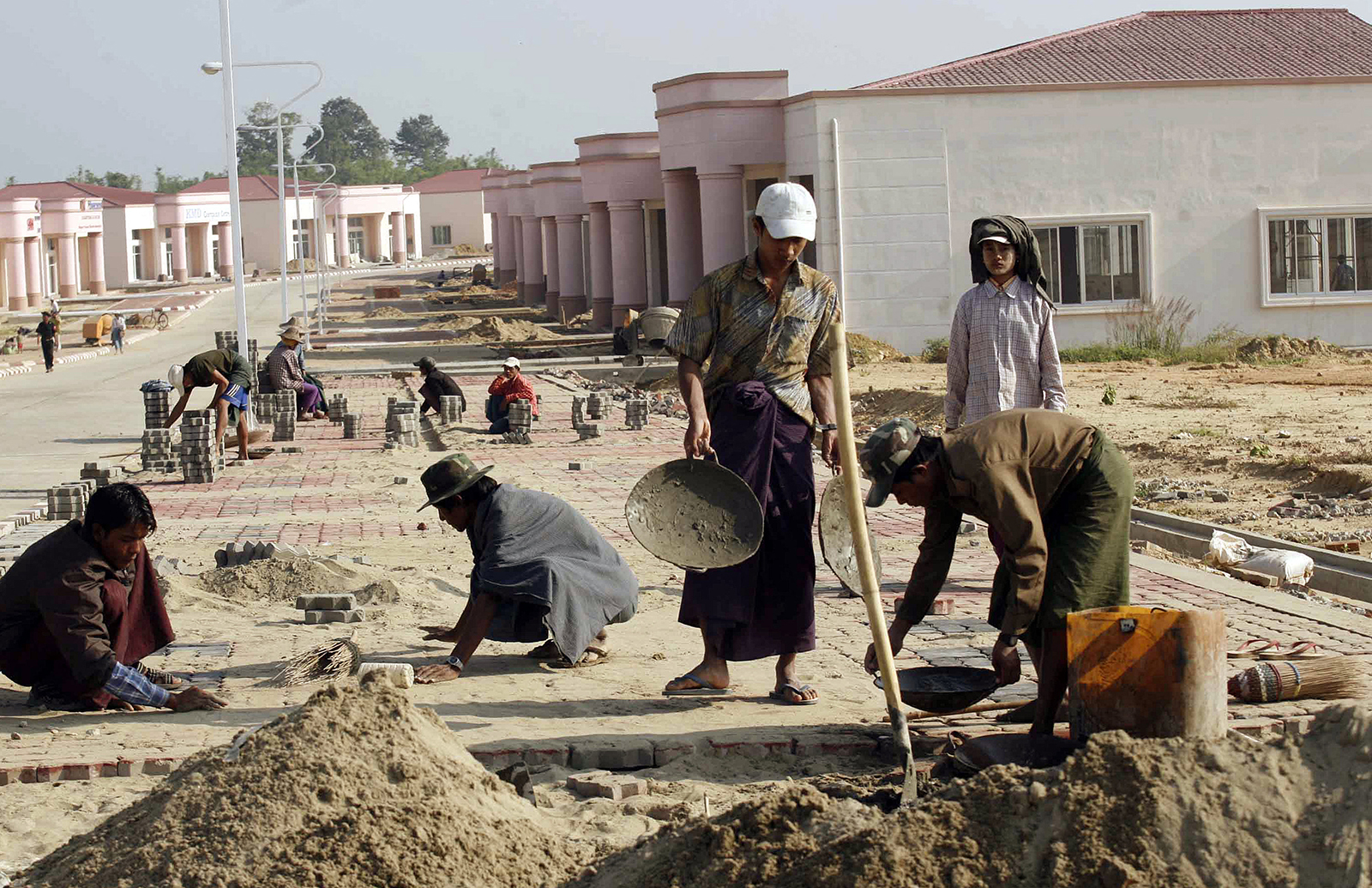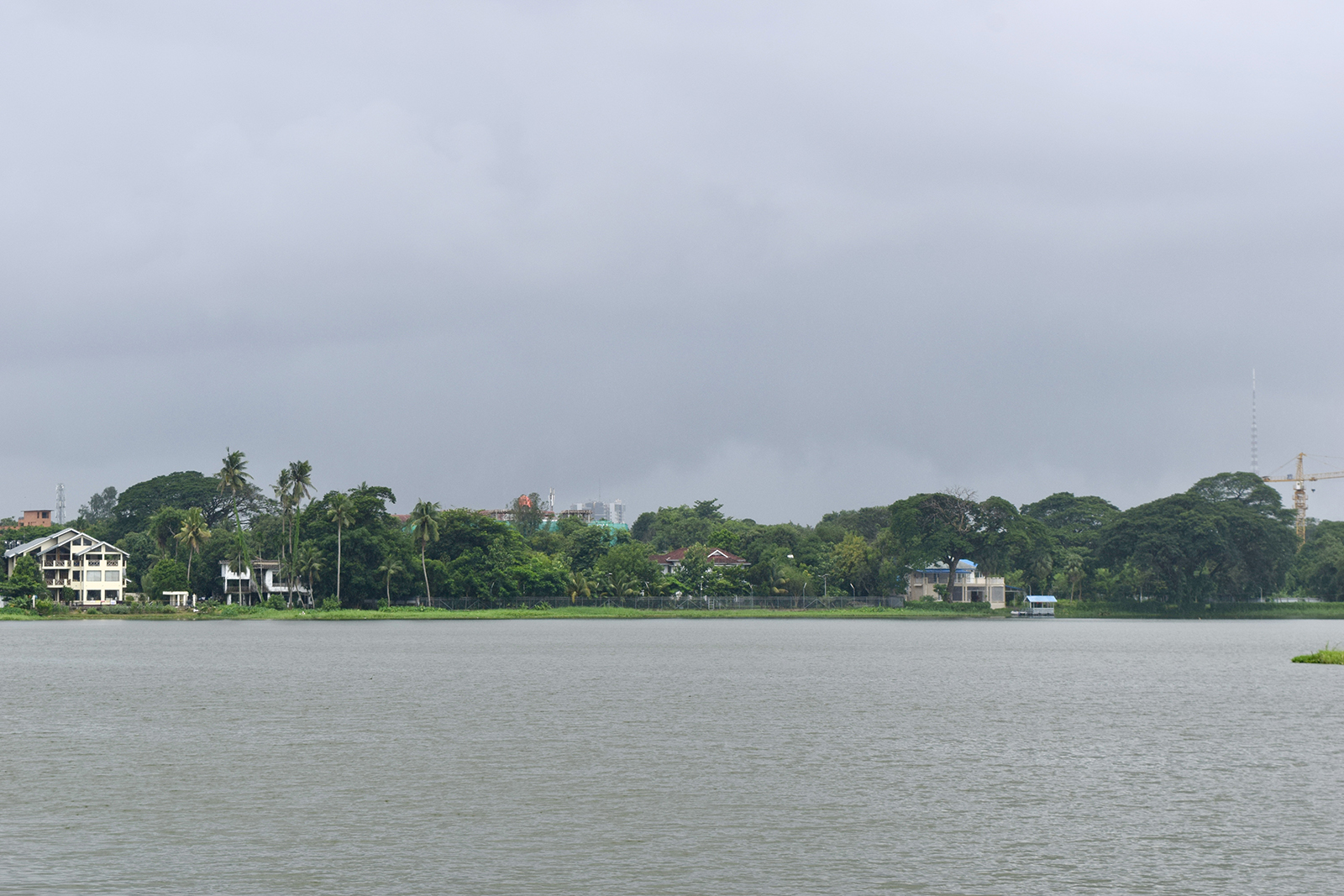The managing director of City Mart Holding says the government needs to adjust its policies on finance, trade, real estate and business regulation to attract the sort of investors who can bring benefits to Myanmar’s economy.
By WIN WIN TINT | FRONTIER
OVER THE past 20 years we have witnessed huge changes in the country. But this year, we have perhaps the biggest change of all with the move to a democratically elected government. There can be no doubt that the National League for Democracy earned a huge mandate from the people.
While we have not yet seen evidence of the detailed economic and industrial policy that they intend to pursue, I have every confidence that the NLD government will be able to continue the positive economic developments of the past five years.
I would like to share my input on how this should be achieved, drawing on my 20 years of experience operating a business in Myanmar. My focus is on the areas most relevant to City Mart Holding: access to capital, trading reform, real estate and business regulation.
Most of my proposals are for de-regulation and not additional regulation. This is because I believe that too much regulation promotes illicit trade and irresponsible businesses.
Support more independent journalism like this. Sign up to be a Frontier member.
We must accept that Myanmar’s public institutions are starting from a low base. They do not have capacity to enforce the many regulations that exist in Myanmar today. This is creating a situation where responsible businesses expend huge amounts of money and effort to comply with regulations, while illicit businesses – those that fail to comply with such regulations – gain a competitive advantage.
It is no exaggeration to say that the developments of the past 20 years have transformed Myanmar. The enormous changes have in many cases been the result of business-friendly policy decisions. They have set a very positive direction for the country. But I also agree with the many experts who say that the journey is just beginning.
For many decades the country’s wealth has been concentrated among a small number of people. We have seen first-hand the devastating effect this can have on an economy. It will take some time but it is in the interests of the economy for more people to share in the country’s wealth. When setting economic policy, it is essential that policy-makers focus on inclusivity and shared growth.
Myanmar entrepreneurs are ready and willing to invest in their country, in factories, infrastructure, shops, hotels and more. This will lead to a greater number of jobs and shared prosperity for the country. But they cannot access the debt capital they need to do this, for two reasons. One: they cannot borrow from international banks. And two: Central Bank rules on local banks are too restrictive.
International banks have been licensed to open a branch in Myanmar but their licence forbids them from lending directly to wholly Myanmar-owned companies.
This means Myanmar companies must look to local banks for debt financing. But the restrictive rules on local banks prevent this sector from providing the financing that businesses require. The most obvious challenge is the maximum lending rate of 13 percent; we know that in practice this is not only the maximum rate but also the minimum rate.
More foreign businesses are entering the country but the Myanmar business sector is struggling to compete because our cost of capital is so much higher. A country should not discriminate against its own businesses.
The cost of borrowing is not the only challenge with our banking sector. To borrow from local banks, we must provide real estate security. Unlike in other countries, unsecured lending is impossible, as is lending against most forms of moveable property such as stock or receivables. This greatly limits the amount of money that Myanmar companies can borrow.
I have two proposals. The first is to let local companies borrow from international banks. The second is to relax the rules on local bank lending. Local banks should be allowed to assess credit risk and set appropriate interest rates.
For an individual with no credit history, perhaps a loan rate of more than 13 percent is appropriate. For a company with a strong balance sheet and long trading history, a much lower interest rate should be offered. Local banks should be allowed to accept moveable property and receivables as security.
Over-regulation also has a huge impact on the trading sector; it is actually encouraging illicit trade. No one can know the size of this trade – industry estimates put it in the billions of US dollars – but we do know that large-scale illicit trading is causing major problems for all players in our economy.
Most obviously, the government is missing out on the tax revenue that it needs to fund services and infrastructure. Legitimate businesses are suffering because it is difficult for them to compete against illicit traders. In some cases it is impossible to compete because they are trading in goods that cannot legally be imported. And consumers are at risk because they are being sold goods that could be of low quality or unsafe.
Our geography means we will always face challenges policing our borders but there are many measures through which the government can limit illicit trade. First the rules and regulations to make products in Myanmar and import products into the country are too complicated. Even manufacturers do not have a clear idea of all the regulations.
On the import side, the challenges are even greater. Customs and tariffs are not applied evenly. Bribery and corruption are commonplace. For food and pharmaceutical products, the process of getting Food and Drug Administration approval causes huge delays and difficulties. On top of all that, we have congestion and under-capacity at the ports.
Once the goods have been produced or imported, the problems continue. Many distributers and retailers sell products that are clearly illegal. But no action is taken against them. When enforcement does occur, it is inconsistent. Some traders are targeted and others are ignored.
Noting all these challenges, what can the government do to tackle illicit trade? As I mentioned before, a key tool is de-regulation. If the government makes it easier and cheaper for traders to use official channels then more traders will do so. We have seen the benefits of having “one-stop shop” regulators and simplified processes in other sectors. These should be rolled out in the trading sector wherever possible.
There are many products that are in high demand but are illegal to import. A good example is foreign alcohol, such as whisky, which can only legally be imported for duty free and hotel channels. There is a huge black market for these products. If the government allowed them to be imported, it would receive large tax revenue and be able to properly regulate the products.
Real estate is another challenge that investors encounter in Myanmar. We do not have a good system for registering land title. If an investor purchases land, transferring title can take more than six months. I would like to see the government really prioritise developing a modern, electronic land title system like we see in other parts of Asia.
Linked to this, we do not have strata title in Myanmar. This means that an investor wishing to purchase an apartment or floor in a building cannot receive legal title. The review of the land title system should introduce a proper strata title and common ownership system.
Putting aside the legal issues, the problem of unused land is clear to see in Myanmar. Plots of land that should be put to business or industrial use are lying empty. This is unhealthy for a growing economy. I would like to see policy-makers address the issue through incentives that encourage landholders to develop their land or to sell or lease it to a business that will. The government could consider a land tax on unproductive industrial and commercial land.
Finally, there is the general issue of business regulation. The World Bank ease of business survey ranks Myanmar as one of the most difficult places in the world to do business.
The government can take many steps to remedy these difficulties, such as enforcing contracts, protecting minority investors and resolving insolvency. Earlier this year, parliament passed the Arbitration Act. The Investment Law is in the process of being approved. We are hoping that the new Companies Law will be passed soon. These are all positive steps.
But passing laws is only a start. In Myanmar we have had difficulties with government departments applying the laws correctly. Civil servants need continued and focused training so they are equipped with a deep understanding of the new framework. It is important that the laws are applied predictably and consistently. This is linked to the importance of stamping out bribery and corruption in government departments.
Then, of course, we need people to enforce the laws. This is the role of the judges and the courts. Myanmar businesspeople do not have confidence in the court system. Long delays and complicated processes mean that the courts cannot resolve business disputes.
Another issue is paying taxes. The previous government established the Large Taxpayers Office, so large taxpayers now follow the self-assessment model. This was a very positive development. More needs to be done to train the tax department employees to understand self-assessment. Reform of the tax laws needs to continue; Myanmar should look to best international practice to bring its tax code in to line with the rest of the world.
After 20 years of running a business in Myanmar, we have encountered a lot of challenges. Many of these have been addressed since 2011. But strategic deregulation can help responsible businesses to grow further.
We would like the opportunity to access capital. We would like to see illicit trade stamped out so that there is a level playing field. We would like to see regulations help businesses and not hold us back. We are ready and willing to invest in our country’s future. I hope we can work together to achieve our shared goals.
This is an edited version of a speech delivered at the Myanmar Economic Forum, held in Yangon on October 6 and 7.







